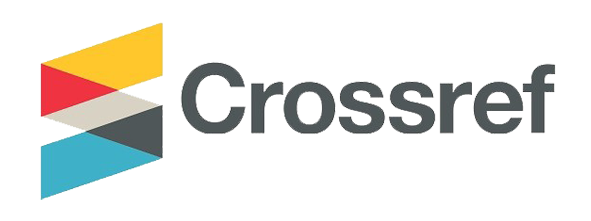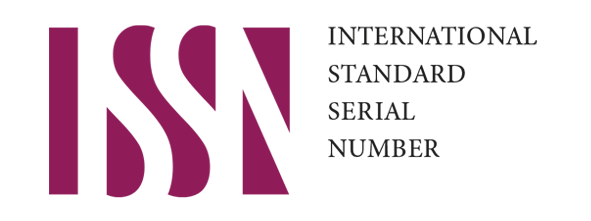Analysis of Reading and Writing Skills on the Ability to Solve Math Story Problems of Junior High School Students in Saribudolok
DOI:
https://doi.org/10.51178/jsr.v5i2.1870Keywords:
Analysis, Reading Ability, Writing AbilityAbstract
This study aims to analyze the relationship between reading and writing skills and students' ability to solve mathematical problems in the form of stories. The research participants consisted of six ninth grade junior high school students who were grouped based on their average daily math test scores, referring to the Minimum Completion Criteria (KKM). The research method applied was qualitative description. The data sources included test results, observations and interviews. The mathematical literacy test consisted of six questions that followed the PISA mathematical literacy indicators. The test results showed variations in students' ability to solve math problems, especially chance problems. Most students were able to solve routine problems (level 1), interpret problems (level 2), and use problem solving strategies (level 3). However, they face difficulties in problems that require the integration of different representations with concrete situations (level 4). An analysis of the test results showed that the group of students with higher score categories tended to be better at answering the questions. These results show the importance of reading and writing skills in improving students' ability to understand and solve math story problems.
Downloads
Published
Issue
Section
License
Copyright (c) 2024 Education Achievement: Journal of Science and Research

This work is licensed under a Creative Commons Attribution-ShareAlike 4.0 International License.














